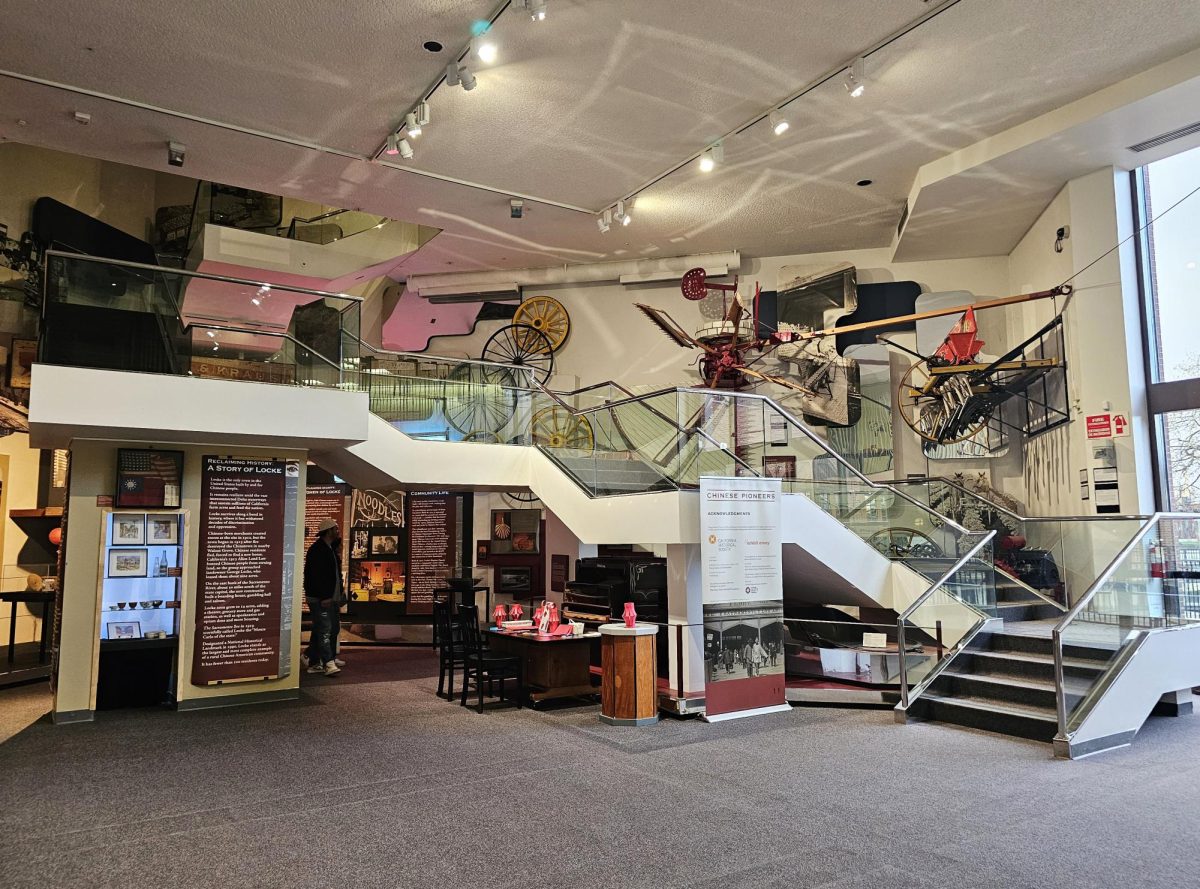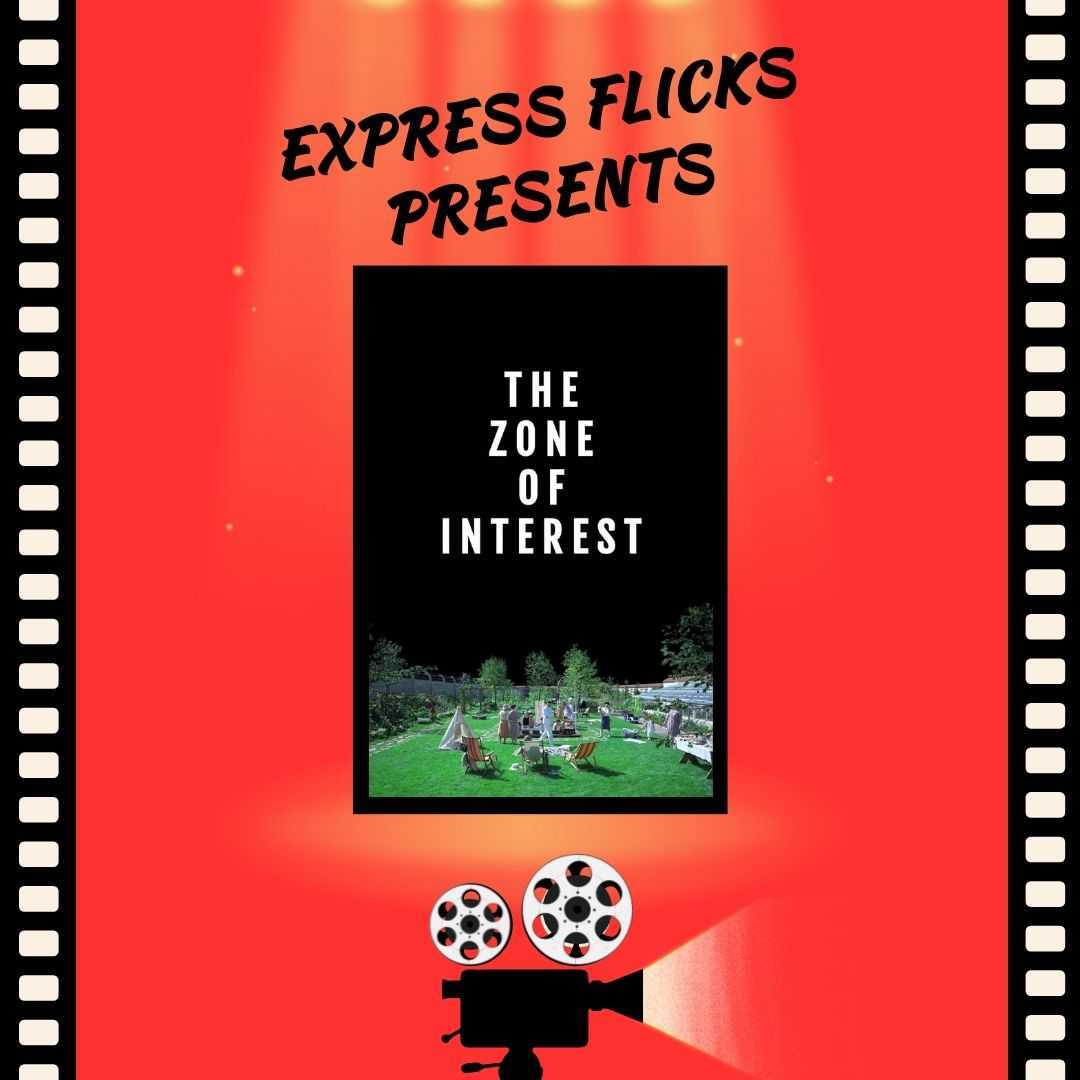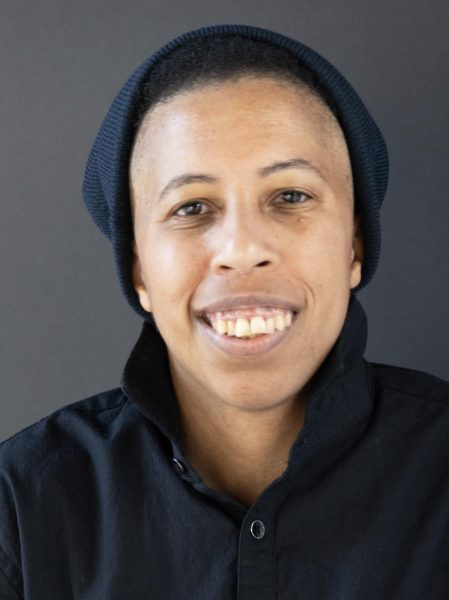EDITOR’S NOTE: This story contains spoilers throughout.
“The Zone of Interest” is a A24 film directed by Jonathan Glazer that is captivating yet cruel. Through the looking-glass of the film, modern-day people are teleported through time to the early 1940s Germany, the setting where sickening and indescribable acts occur during World War II on the regular, with no one batting an eye.
Along with being more historically accurate than the novel it’s based on, the movie offers the audience connections to what is really happening at Auschwitz through sound rather than sight. The soundscape for the film is where the real horror exists; while you may not see the evil experienced by those in the concentration camp, the film ensures that you will hear it.
Following the story of the real Höss family, the mother and nannies stay with the children every day while the father, Rudolf Höss, goes to work as the commandant of Auschwitz. We see the horrors unfold every day and night, the family being exposed to the terrible things happening around them constantly.
The movie starts with a black screen and a tantalizing score of music. Multiple minutes of agony, as if the instrument playing it is in pain. Not only that, but the sound transforms from somewhat enjoyable to making you feel queasy over time. The uncertainty lasts for so long, I began to feel almost sick though the movie had yet to even start.
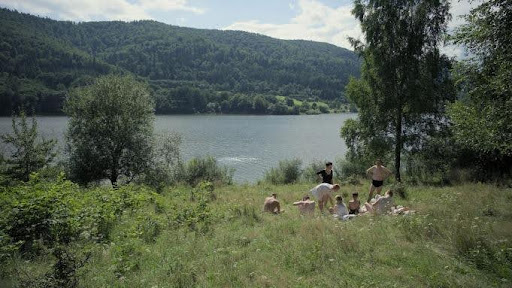
Jumping right in, the first shots of camera work are of the lake behind a house. The entire family, plus some of the workers swimming and playing together in the water. The Höss family playing in the lake can be considered as an unconscious effort to make themselves pure again. I interpreted this scene as them attempting to be washed of all the disgust that they live with and the feeling deep down that maybe they are a part of something morally wrong. I think this also ties into their clothing, as well, always in clean clothes and even seen wearing newly bought clothes — again, perhaps to rid themselves of the shame they feel.
Sharing a garden wall with the largest and most deadly segment of the camp, Birkenau, the audience is able to constantly hear victims in the background. The sounds of screaming, pleading, crying for help are intoxicating, and even gunshots fired are followed by silence. You are stuck in your seat, strapped in and unable to escape. Everything that happens in this movie makes you feel sick to your stomach.
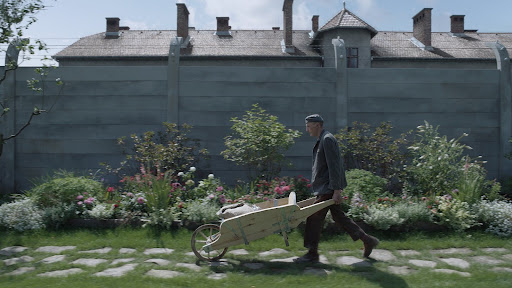
While the moviegoer will never see anything horrific or traumatic, the atrocities are happening all around this home shown on screen. During all this, I can only think about the atrocities that are happening all around me today, maybe even because of me, or the country I live in, or the society we function in. I think of the wars that are happening all over the world; continuous, ongoing, and never-ending.
Seeing plumes of smoke rise in the background from trains arriving at the camp, finding pieces of human skeleton in the lake, or catching a glimpse of the bright red sky in the middle of the night from the burning of over 8,000 people in a 24-hour period, guilt and anxiety is all you can feel. The movie counteracts this feeling by showing the characters in their regular life. We can see them having friends over, playing with their dog, enjoying dinner together, throwing a party.
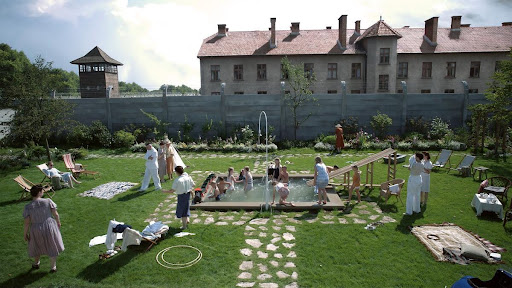
I was almost able to move on and forget everything I had just seen but in the back of my mind, I knew it wasn’t over yet. I knew the dread from this has lasted many lifetimes and I was just someone on the outside getting a glimpse in.
During some moments of the film, when you can’t hear any background sound, it is slightly easier to forget about the true meaning of what you’re watching. You worry about the safety of the kids in the pool, you listen to Hedwig, Höss’ wife, show her mother around the big garden, you hear gossip at the tea table when her friends are over. You relate to her and forget what’s happening in the background. But the sounds and jarring visuals at night will always bring you back to reality.
That’s what happens to characters in the movie, too. Everyone in the Höss family has an epiphany, and they finally realize what’s happening around them. Rudolf’s is the most notable. He is leaving his office in Berlin and after the first flight, he stops, heaves and wretches for a moment, then continues walking. His body is fighting against him, sick of him and his atrocious acts. Another flight of stairs, another moment of heaving. Then when he looks down a dark hall, he looks to the future. Workers cleaning a now empty, present day Auschwitz, scrubbing and sweeping the floors, detail dusting, and cleaning the glass on the displays.
That’s when it hits you, the reality of what has happened. A somewhat enjoyable movie experience now clouded with the feeling of, “Oh my God, what did I just watch?” You’ve watched a family enjoy themselves, live their happy lives, full of smiles and fun, in turn giving you a fun time at the movies, too? Right? Did you forget what you were really watching? While they were surrounded by death and destruction, you enjoyed yourself even just for a moment and now you pay the price in the shameful realization of the truth.
Perhaps like me, you’ll feel sick to your stomach on the way home and in bed after because there’s nothing you can do to make up for what has happened.
















